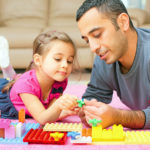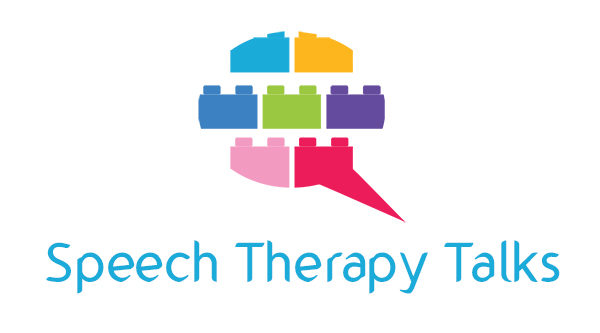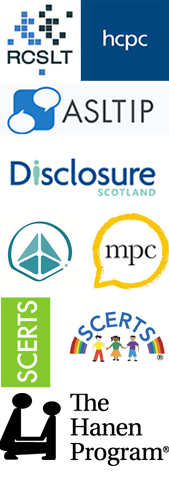I am a highly experienced Speech and Language Therapist who has proudly worked for the
NHS for over 8 years. Since becoming a Mum to a 17 month old boy, I have finally found the
time to pursue my dream of running a Private Practice. As well as providing specialist
intervention for children with difficulties, I hope to educate and empower all parents to
support the development of their children’s language and communication skills. Today’s
topic is the impact of play on language development.
Play is one of the most beneficial things that we can do with our children in their preschool
years. If we think about ourselves and how we learn new things…it’s usually when we are
most motivated and engaged! The same is true for children.
Play is internationally known as a fundamental skill that forms the basis of communication
and language development. Without good play skills a child is likely to face barriers to
developing good language and communication skills. Many globally accredited speech and
language therapy training providers such as Hanen, SCERTS and Michael Palin emphasise
enhancing the parent-child interaction during play. In my experience, parents report that they benefit most from strategies that they can use in their normal day-to-day play with their
children, so that they don’t need to adapt their whole lifestyle to help with their child’s
difficulties. Moreover, it means children are more likely to learn because it’s whilst doing
something that they enjoy!
Research suggests that early play and interaction opportunities impact on how the cognitive
areas of the brain are wired. From birth to the age of 25 years our brain continues to grow
and develop in accordance to our experiences, this is what people refer to as ‘nurture’. The
evidence suggests that despite your genetics (nature) your early learning experiences
(nurture) can impact on your long-term cognition, language and interaction skills. This is
why there is an emphasis on the importance of early intervention for children with all speech, language and communication related difficulties.
Stages of Typical Play Development

*Ages are approximations – adapted from Hanen
Development of Social Interaction in Play

If you’d like further advice on how to play with your child at their level or how to develop
your child’s play and communication skills. Please do not hesitate to contact me!
Keep an eye out for my next post on stages of Language Development.
Happy Playing
Speech Therapy Talks
Our Mission
We offer:
Evidence based therapy
Child-centred & motivating approaches
Tailored to your needs
Recent Posts
-

Let’s Talk Play!
January 30, 2021
Search
Call Now
If you have concerns or questions about your child’s speech, language and communication
call us today!



Most Commented
Let’s Talk Play!
No Comments